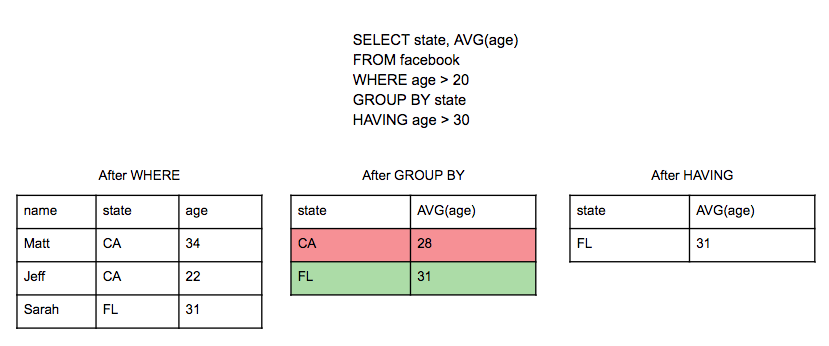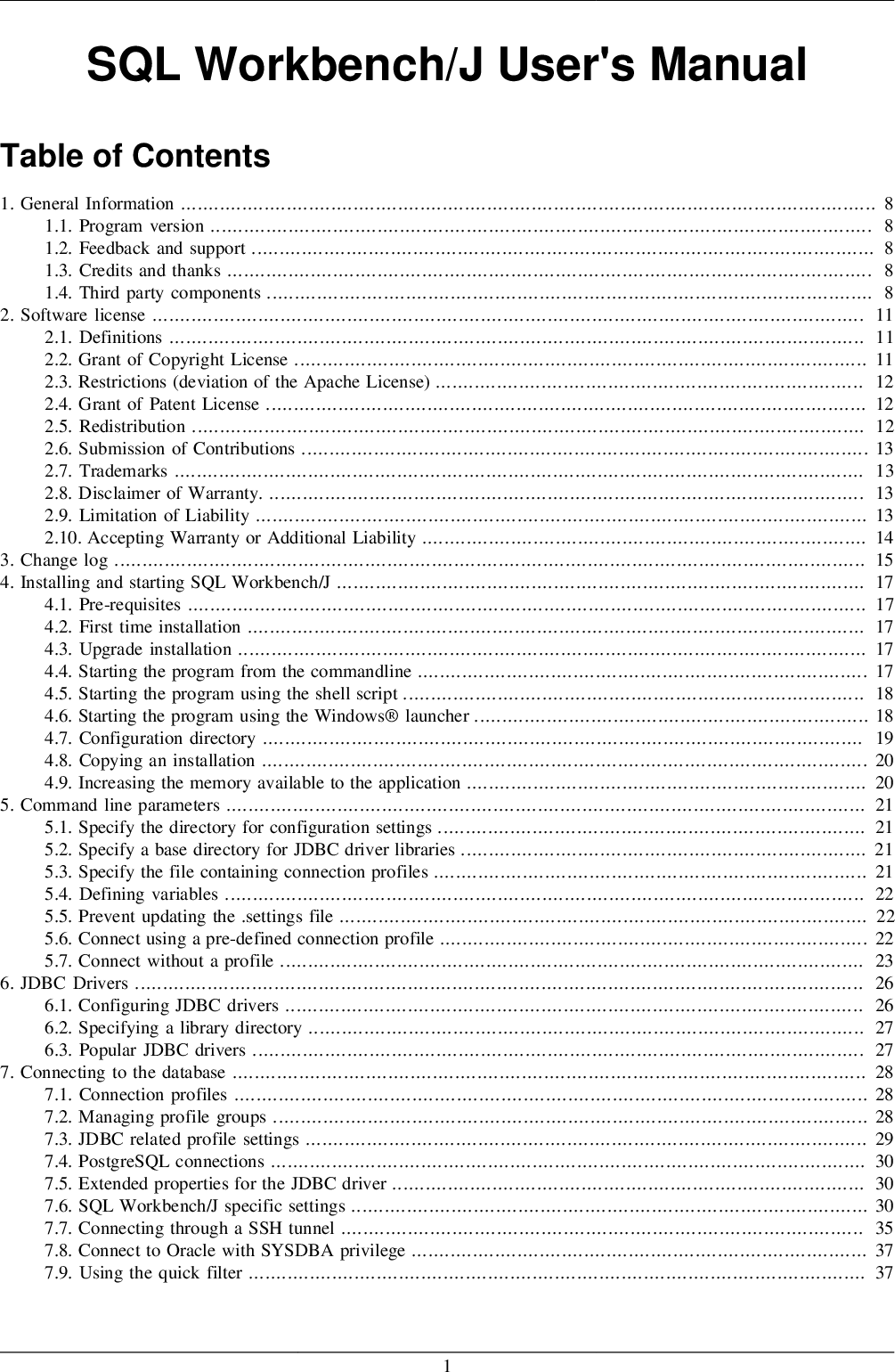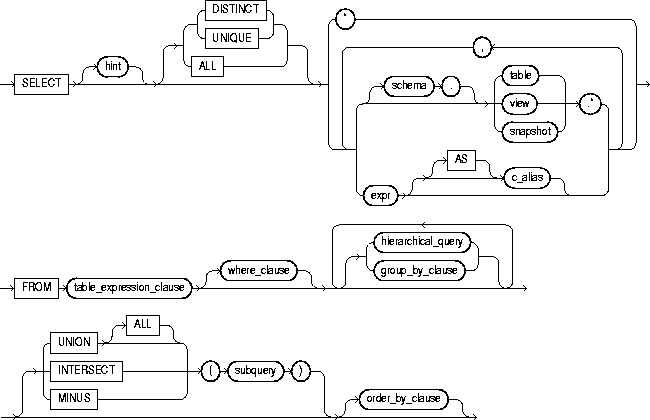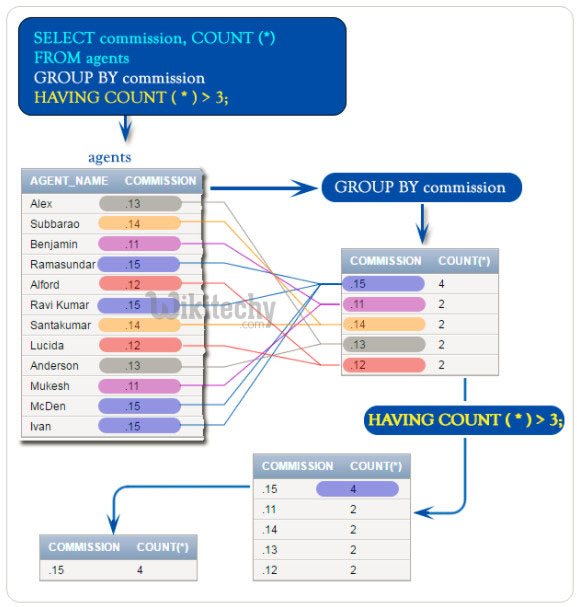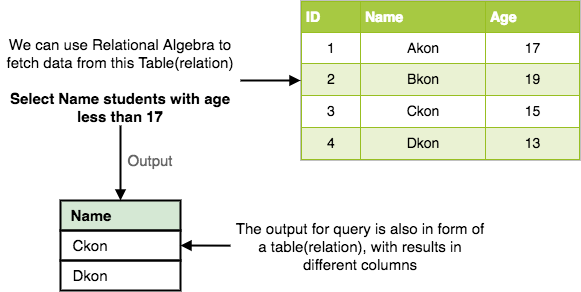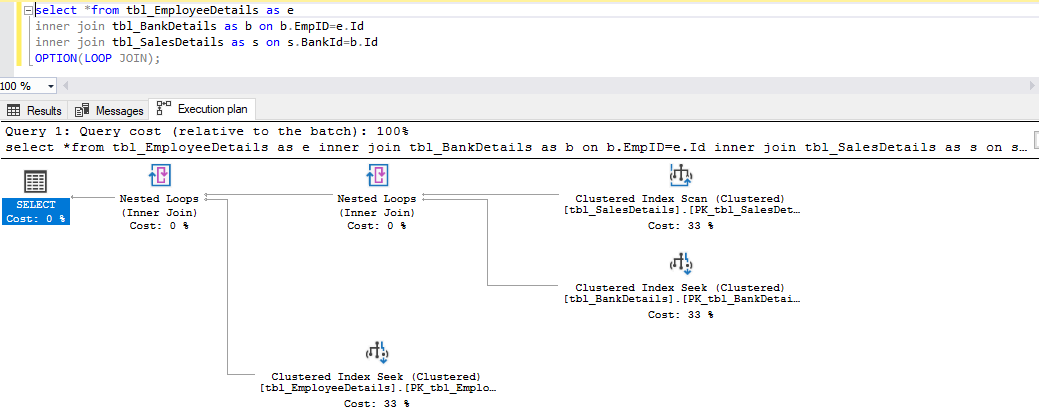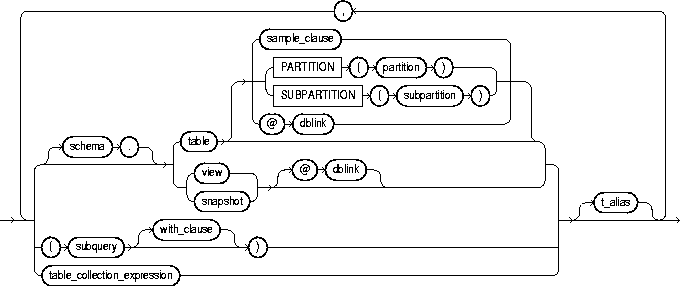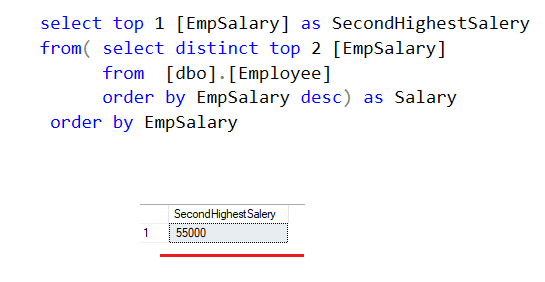When it comes to making decisions about benefits for part-time employees, the number of hours your employees work can dictate eligibility for health insurance and retirement plan options. For otherfringe benefits, employers may have more flexibility to set eligibility requirements. But with morale and engagement on the line for part-time employees, business owners should consider offering employee benefits to their part-time employees.
Employers should be mindful that just because there may be limited statutory impact at the federal level does not rule out the fact that employers may be restricted by state or local laws. Employers should check the laws of the state and local jurisdiction in which they operate for the requirements aroundoffering benefits. Traditionally, employees who work 40 hours per week are considered to be full-time workers. However, many employers designate employees who work fewer hours as full-time workers.
Companies determine the number of hours per week that are considered to be full-time. Full-time workers are likelier to receive benefits such as health insurance, sick pay and vacation time, and employer-provided retirement plans that part-time workers do not receive. Employers are not required to provide benefits to workers beyond those that are mandated by the law.
Employers decide how many hours per week is full-time and part-time, and what the differences will be. Part-time employees are usually offered limited benefits and health care. For example, a part-time employee may not be eligible for paid time off, healthcare coverage, or paid sick leave.
Are part-time employees eligible to enroll in an employer-sponsored 401 plan? Under theEmployee Retirement Income Security Act, small-business owners may be required to include part-time employees in qualified retirement plans (including401 plans) offered to other workers. Like health insurance benefits, retirement plan eligibility for part-time employees may also depend on the number of hours worked. The IRS and ERISA specify that a plan may require more than 1,000 hours to be worked during a year to be eligible to participate in the plan. To determine the number of hours worked each week, employers must add the number of hours worked by the employee in the most recent four weeks at all placements.
ALTERNATE BENEFIT PROGRAM A. Description-The Alternate Benefit Program is a defined contribution retirement program for eligible employees of the public institutions of higher education in New Jersey. Full-time and adjunct faculty, part-time instructors, officers, visiting professors, and certain professional administrative staff and managers required to possess a college degree or its equivalent participate in the ABP. In addition to retirement benefits, the ABP provides members with life insurance and disability coverage.The program allows members to direct their own retirement accounts while offering portability of accumulated contribution balances. Vested members are permitted to allocate and transfer employer and employee contributions to any one or combination of authorized investment carriers.
The variety of investment choices and distribution methods offered by the authorized carriers provide members flexibility in meeting their retirement goals. Murphy signed a paid sick leave law that went into effect in October 2018 that allows full- and part-time employees in New Jersey to accrue up to 40 hours of paid sick time off to use at companies of all sizes. It does not apply to unionized construction workers, hospital health care workers who are paid per diem, or public employees who already receive sick pay. The employer must continue to offer commuter benefits to new employees and must retain records that document compliance for all employees. Under the law, for-profit and nonprofit employers with 20 or more full-time non-union employees in New York City must offer their full-time employees the opportunity to use pre-tax income to purchase qualified transportation fringe benefits. The law is based on the Internal Revenue Code that authorizes pre-tax commuter programs, which benefit employers and employees.
Workers in New Jersey might wonder how many hours they need to work in a week to be considered to be full-time workers. The Fair Labor Standards Act does not provide any laws that define full-time work. Instead, this determination depends on each company's policy and practices other than the requirements of the Affordable Care Act. The employment lawyers at Swartz Swidler can explain the industry standards in New Jersey and how they apply to full-time employees. With the introduction of the Affordable Care Act , the definition of a full-time employee has been prescribed as a worker who spends an average of 30 or more hours per week on the job. Employers with 50 or more employees are required to offer health care to full-time employees under the ACA.
Federal wage and hour law doesn't require that employees receive premium pay for working holidays or weekends, unless those hours are actually overtime hours. State and local laws, and/or company policy may dictate whether full-time or part-time employees are paid premium pay for holidays or weekends. Note that the Affordable Care Act doesn't require that employers provide health insurance. However, under the ACA's employer shared responsibility provisions, employers with 50+ full-time equivalent employees must offer adequate and affordable health insurance to full-time employees and their dependents or risk a penalty assessment. For ESR purposes, a full-time employee averages 30 or more hours of service a week or 130 hours of service in a month. An employer does not need to offer commuter benefits under NYC's Commuter Benefits Law if it already provides to employees, at its expense, a transit pass for transportation on every mode of eligible public or privately owned mass transit.
Certain states and local jurisdictions require employers to provide paid sick leave to employees. These laws typically require the employee to work in the jurisdiction for a minimum number of hours to be eligible for sick leave. In most cases, the threshold is set low enough that many part-time employees satisfy this requirement.
Generally, an FTE is a way to express a part-time workforce in terms of full-time employment. This calculation is sometimes done by taking the number of total hours worked by all part-time employees and dividing by the number of hours that are considered to be a full-time schedule. For example, if an employer has 10 employees who work 20 hours per week and considers 40 hours a full-time schedule, this would equate to 5 FTEs. Keep in my mind that some laws, including the ACA, require employers to use specific calculations to determine the number of FTEs. The ACA requires that employers add all the hours worked by part-time employees in a month and divide by 120. On July 8, Governor Murphy signed into law four bills that crack down on misclassification of employees as independent contractors.
Unlike employees, independent contractors are generally not entitled to benefits and protections under wage, benefit and tax laws. This legislative package was designed to limit such misclassifications. One of these new laws (S-3920) authorizes the Commissioner of Labor and Workforce Development to issue stop-work orders against all locations of an offending business, not just the location of the violation.
The law also provides the DOL a judicial remedy against employers who violate stop-work orders, including injunctive relief and pursuit of individual or class claims, if necessary. Employers may be fined up to $5,000 per day for each day they conduct business in violation of such stop-work orders. Workers affected by such stop-work orders must still be paid by their employer for the first 10 days of work lost resulting from such stop-work orders. Another law (S-3922) renders employers that "knowingly" or "purposely" misclassify employees as independent contractors to evade insurance premiums liable under the New Jersey Insurance Fraud Prevention Act .
Employers that violate the NJIFPA may be subject to penalties for fraud, which can include fines starting at $5,000 for the first violation, $10,000 for the second violation and $15,000 for each subsequent violation. The New Jersey Earned Sick Leave poster was released by the New Jersey Department of Labor and Workforce Development. The New Jersey Earned Sick Leave Law requires employers to provide up to 40 hours of earned sick leave per year to covered employees. The new law requires employers to post this notice informing employees of their rights to earned sick time. Small-business owners have some freedom to craft their own policy regarding part-time employee benefits, except where applicable law dictates otherwise. A benefits package for part-time employees may entice these workers away from competitors and helpenhance employee engagement.
Determining what benefits small-business owners may want to offer part-time employees can be confusing. Due to minimal federal laws and regulations on the matter, U.S. employers have some flexibility when deciding whatemployee benefitsto offer their part-time workers. However, employers should also ensure they understand and comply with applicable state and local laws and regulations. An employee may decide to use pre-tax income to purchase qualified transportation fringe benefits after initially declining an employer's offer. Employers must provide their eligible employees with the same opportunity to enroll in a commuter benefits program if the employee decides to accept the offer at a later date.
Temporary help firms that employ 20 or more full-time employees who are placed in New York City are required to offer those employees the opportunity to use pre-tax income to purchase qualified transportation fringe benefits, other than parking. Understanding what constitutes a full-time employee has ramifications on an employee's eligibility for various company benefits. There is a lot of confusion about what constitutes full-time employment because the Department of Labor doesn't specify the number of hours required.
The Internal Revenue Service only offers a guideline for specific programs such as health care. In general, 30 or more hours is considered full-time employment, but this is contingent on company and state policy. The definitions of full-time and part-time can vary depending on law and policy. Most employers determine full-time status based on business needs and typically consider an employee to be full-time if they work anywhere from 32 to 40 or more hours per week. However, certain laws define full-time differently, such as the Affordable Care Act , which considers full-time as working, on average, at least 30 hours per week. Regardless of your company's definition of full-time status, coverage under various employment laws is based on the definition provided in the law.
An employee who is taking family leave is entitled under the State Family Leave Act to continue 12 weeks of health care coverage in any 24 month period while on family leave. This includes all health care benefits, including Prescription Drug, Dental, and Vision Care benefits. State Family Leave is defined as leave from employment to provide care for the birth or adoption of a child, or the serious illness of a child, parent, or spouse. Even though laws are loose and nebulous, misclassification of workers can cause many legal problems for employers. Companies that offer things like paid-time off, health care, and pension must be careful to be consistent in how they dole out these benefits to avoid accusations of discrimination or unfair labor practices. Employers who deliberately misclassify workers can be subject to many thousands of dollars in penalties and fines, which can include back wages and employment taxes and can be levied by both the IRS and the DOL.
New Jersey law does not address when employers must count employee attendance at meetings, lectures, or training as hours worked for purposes of its minimum wage and overtime requirements. Because most employees and employers in New Jersey are covered by the federal Fair Labor Standards Act, the standards set forth by that law related to meeting, lecture, and training time may provide reasonable guidance. Does not address when employers must count employee travel time as hours worked for purposes of its minimum wage and overtime requirements. Because most employees and employers in New Jersey are covered by the federal Fair Labor Standards Act, the standards set forth by that law related to travel time may provide reasonable guidance. New Jersey law does not address when employers must count employee sleeping time as hours worked for purposes of its minimum wage and overtime requirements.
Because most employees and employers in New Jersey are covered by the federal Fair Labor Standards Act, the standards set forth by that law related to sleeping time may provide reasonable guidance. Below is an overview of the minimum wage and overtime pay laws that apply to workers in the state of New Jersey. Private actions to enforce New Jersey's wage and hour laws, and recover unpaid overtime due to workers, are commonly brought by employment law firms such as The Lore Law Firm. If you believe that you have been deprived of the overtime pay that you are legally entitled to, please contact us for a free and confidential review of your situation.
Businesses in New Jersey which employed an average of one through 49 full-time employees or full-time equivalents on business days during the preceding calendar year are not required to offer health care coverage to their employees. See Dep't of Banking & Insurance, State of New Jersey, NJ Small Employer Health Benefits Program Buyers' Guide, Questions and Answers – Eligibility, Participation and Contribution Issues, at question 8 & answer 8. A minimum of 20 hours per week is common, although theUnited States Bureau of Labor Statistics' Economic News Releasedescribes part-time employees as individuals working one to 34 hours per week. Note that the Fair Labor Standards Act , the federal wage and hour law, doesn't have definitions for part-time or full-time status.
The employer must offer full-time employees the opportunity to use pre-tax income to purchase qualified transportation fringe benefits, even if employees are currently receiving a reimbursement for qualified bicycle commuting expenses. Employees may use their commuter benefits to pay for different eligible transit services during their commute. Effective January 1, 2020, an employee can use up to $270 a month of their pre-tax income under federal law for monthly transit expenses. However, an employee's total transportation costs may exceed $270 each month.
Many third-party providers offer programs where employees may deposit post-tax income in their account, if the employee's monthly transit expenses exceed the monthly pre-tax limit. Voluntary benefits include participation in retirement programs, vacation leave and sick leave. Employers define eligibility for voluntary programs in employee handbooks and standard human resources operating protocols.
This means an employer can state that full-time is less than 30 hours per week for voluntary program eligibility. It also means an employer can state a higher number, up to 40 hours per week, to define eligibility for voluntary benefits. Because employers must adhere to benefit requirements such as health care, the Internal Revenue Service serves as a primary guide for the minimum requirements of full-time status. If an employee works, on average, more than 30 hours per week or more than 130 hours per month, this is considered full-time by IRS guidelines. Details are available in the Department of Human Resources, Benefits Office, extension 7502. New Jersey and the federal government have several laws in place that dictate how employers handle pay and work of employees.
These wage and hour statutes address minimum wage, paid leave and overtime, among other topics. Businesses must abide by these laws in order to not only keep a happy workforce, but also to avoid time-consuming and expensive litigation. How many hours is considered full time is a question that plagues many workers if they feel like they're being unfairly worked by their employer; many employees may think there must be a law surrounding how much they can work in a week. In truth, there is no legal definition of full-time employment; this depends on your employer and company policy. The only exception is that which falls under the Affordable Care Act for health coverage purposes.
Full-time employees are often more likely to be provided with benefits, including a pension, health insurance, paid vacation, and sick time, which are not offered to part-time employees. We can help you make that determination by analyzing your job responsibilities and the day-to-day realities of your working situation. Misclassification of workers as exempt is one of the most common ways employers cheat workers out of overtime pay. Our firm is committed to protecting employees and getting them the wages, including overtime, they deserve.
What Is Considered Full Time Hours The FLSA requires covered employers to pay non-exempt employees an overtime rate of no less than one and one-half times the employee's regular rates of pay for all hours worked over 40 in a week. Part-time employees are entitled to unemployment benefits as determined by the state in which the business is operating. Whether a part-time employee receives unemployment benefits sometimes depends upon the hours worked within the last year, wages earned within a certain time period, and if they were laid off, fired, or quit. A business owner might also need to be enrolled in thestate's unemployment insurance program. The SECURE Act includes a provision whereby employers are required to offer 401 plan participation to long term part time employees. Those employees must work at least 500 hours per year for a period of 3 consecutive years in order to be eligible.
Hours are required to be counted beginning January 1, 2021, so the first year a long term part time employee would be able to contribute is January, 2024. The rule only applies to employee deferral eligibility; these employees may still be excluded from employer contribution allocations. Eligibility depends on the definition of a part-time employee under federal and individual state laws, to your insurance carrier, and other factors. Check with your insurance carrier to see if they have any other requirements regarding minimum hours to qualify for health insurance. Often, the minimum hours to qualify for health insurance are 20 hours per week, but this may vary depending on aforementioned factors.
If you do offer health insurance, however, you must comply with the rules of the Affordable Care Act. This includes consistently offering health benefits to similarly situated employees and having a written policy that defines eligibility requirements for part-time employees. A commuter benefits program is a program that certain employers can offer under the provisions of Internal Revenue Code Section 132 to their full-time employees to use pre-tax income to cover certain transportation costs. Dan's Business employs 25 full-time employees who work occasionally in New York City and, therefore, the business must offer these employees the opportunity to use pre-tax income to purchase qualified transportation fringe benefits. Failure to display a New Jersey labor law poster in the workplace can result in severe fines.
The College, as a State employer, provides health, dental and prescription benefits to all full-time employees and their eligible dependents. Health, Dental and Life Insurance benefits continue during summer months without interruption. Any extra premiums necessary to continue benefits are taken prior to final pay check of academic year.

























